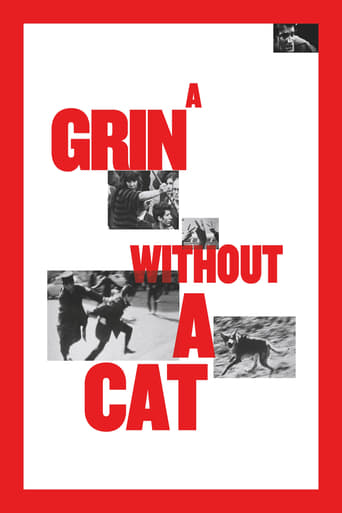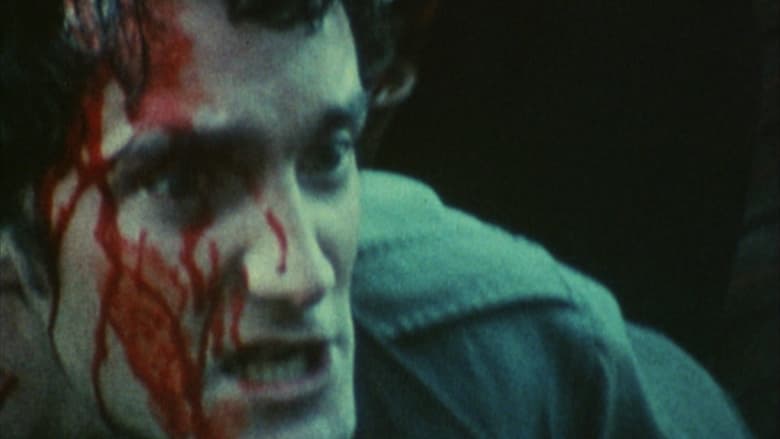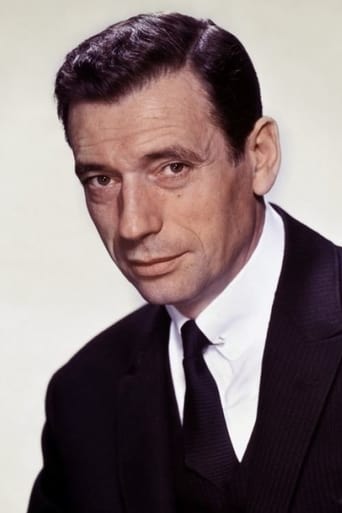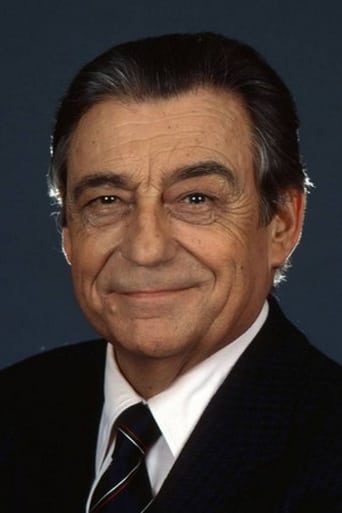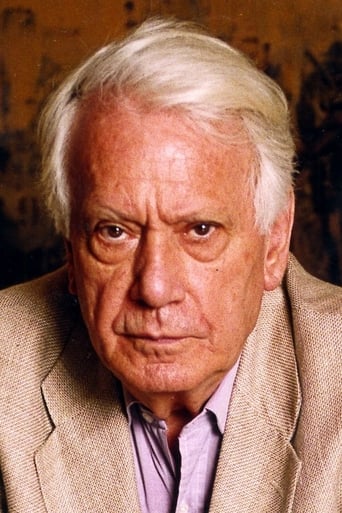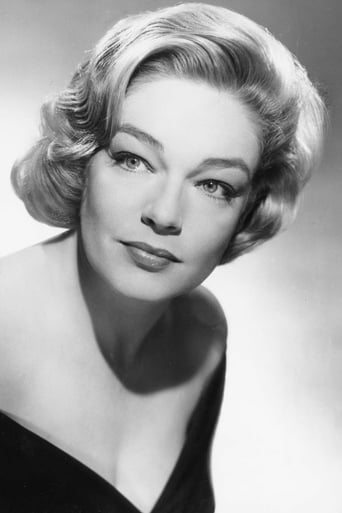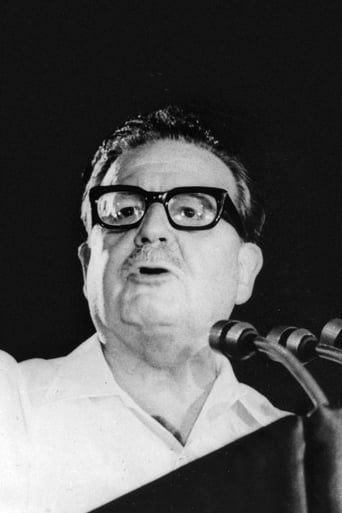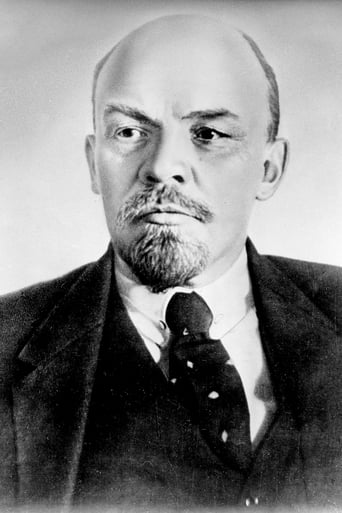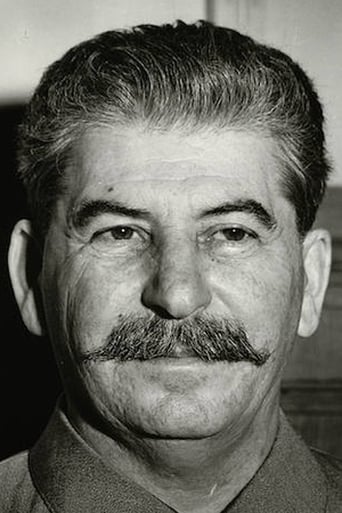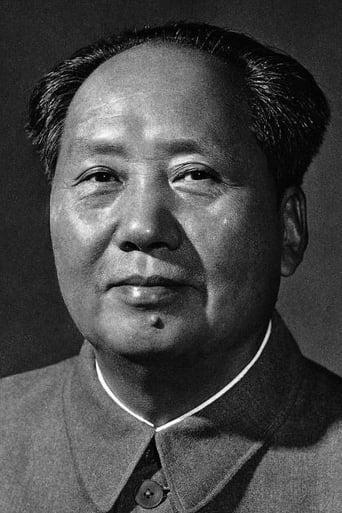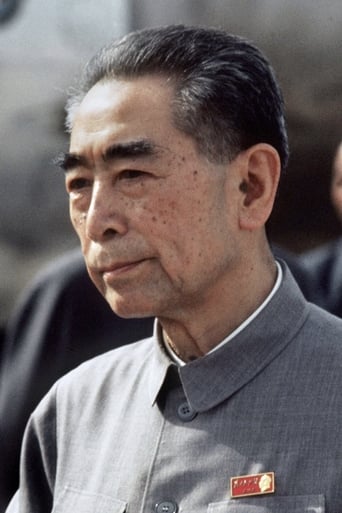French essay film focusing on global political turmoil in the 1960s and '70s, particularly the rise of the New Left in France and the development of socialist movements in Latin America.


Similar titles

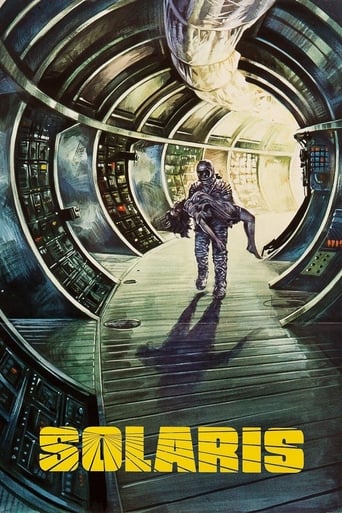
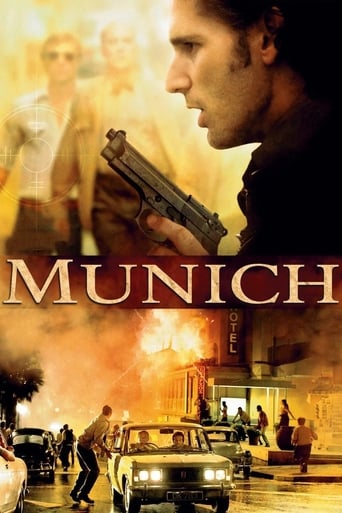


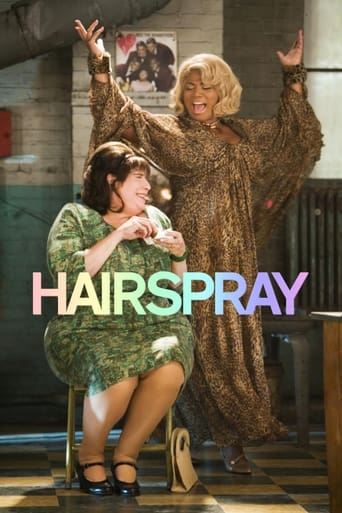
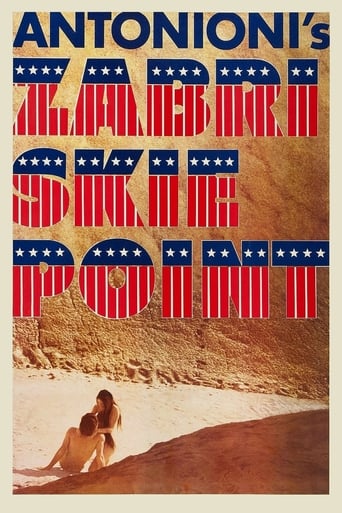
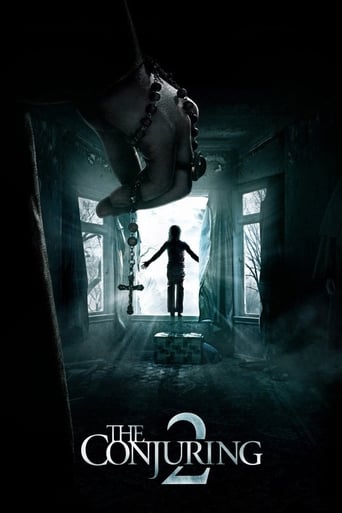
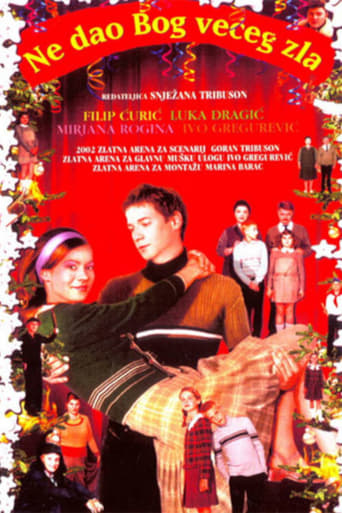
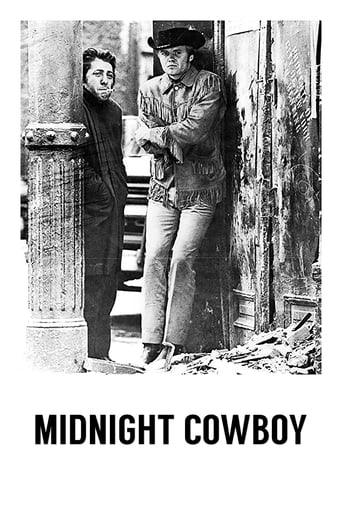
Reviews
When he officially abandoned the New Wave, Godard said that he no longer wanted to make "political films" but instead wanted to "make films politically." In Grin Without a Cat, Chris Marker manages to do both by presenting a Weberian genealogical analysis of revolution, and in doing so creates a more perfect kind of documentary. Focusing on specific events and individuals in an overarching context, he attempts much more than most political documentaries. He doesn't ask the question "How was the revolution successful or unsuccessful?" (although this is addressed), but the main inquiry is instead "Where does revolution come from, and once it's here, what function does it serve?" The breadth of the film is incredible, chronicling popular revolts in France, Vietnam, Cuba, Prague, Chile, Bolivia, China and others, but as many who have seen the film note, it moves incredibly fluidly, and the time spent watching it never seems to drag. There is also no lack of the flair of style seen in Marker's most popular works, Sans Soleil and La Jetee. In short, anyone with an interest in the documentary form will tremendously enjoy this film, though it is a bit depressing. Like politics itself, there are no heroes presented, only victims, oppressors, and the idealistically misinformed.
I saw the director's re-cut version that removed an hour of material from the films original four hour running time (something Marker said needed to be done).The film opens with one of the most stunning things ever put on film footage of political protest and violence inter-cut with the Odessa Steps sequence from the Battleship Potemkin. As one comment I read pondered, was Sergei Eisenstein that a head of the curve that he mapped out what political violence would look like in the future or has that always been the way its looked? I don't know. Next the film moves on to show a US pilot describing in detail what he's doing and why its "outstanding" to Napalm the people of Viet Nam. If that doesn't rattle your cage little will. From there the film moves on to various Political protests and wars around the world and we're left to ponder what it all means. Marker plays no favorites and in a way every side comes off looking less then perfect.Marker shows as the footage, lets the people speak for themselves and uses various other voices for narration. I'm still pondering what it all means. I know watching a three hour movie around midnight was a bad thing to do, but this is a film you fall into, it drags you along as you kick and scream at it because you don't want to think at the level that this film asks you to. I'm not sure what I make of it all, and I know that I'll need to go through this a couple more times, but I'm glad I've seen it and have been forced to confront its issues.On a personal note- I watched Chicago 10, in the middle of watching the parts of this film and I found that Marker's film changed the way I see the anti-war protests of the 1960's. Chicago 10 is about the trial that followed the riots during the Democratic Convention in 1968. Seeing part of Grin before Chicago 10 it suddenly becomes clear that as much as what happened in Chicago was important in that it started things moving toward the end of Viet Nam and other things, it was also something that in the scale of things didn't have huge stakes. You didn't have the Soviet Army marching into retake control of Prague. You didn't have the political violence that was going on in Bolivia or Africa or elsewhere. Where elsewhere in the world you had people dealing with the political ramifications of their actions on a one to one level, here in the US you had Abbey Hoffman and several other members of the Chicago Ten treating it all as if it was a joke on some level. Yes there was injustice and violence, but not so many people were dying and no one was tying Hoffman to a chair and torturing him for the hell of it. I'm not one to take things seriously, but at the same time in the face of what was going on elsewhere in the world the jokes really come off as ill advised. For me, who was raised to see Hoffman and many of the Chicago ten as heroes of a sort, seeing them in action, especially in light of other political movements, kind of make them seem like rich jerks.Clearly Grin without a Cat has changed how I see the world.
As always Marker give us a breathtaking beautiful movie to shake our minds and think about the world around us. Its sad to realize through the images that even when the movie is about the history of 50 years back now, the ideologies, the problems and the unfairness of the world remains pretty the same. The compilation of images, documents, videos, interviews is excellent. How can Marker be everywhere and always in the right moment? Just because is Marker I guess. Excellent movie for people of any age or nationality in the mood of caring about the society and enjoying Marker's mastery using the video as a real communicator of deep thoughts.
I saw the English-language version, so I missed out on the wonderful voices of Yves Montand and Simone Signoret. Still, the film has provocative images (makes you think how difficult it really is to "make the revolution" in advanced capitalist countries) and my attention never flagged. But for someone who does not approach the film fully equipped with all of the political-cultural paraphernalia of the French left, the film is a bit bewildering. It's not at all clear what the director's point of view is, and this is unfortunate for a film that attempts to make sense of a relatively well-defined political phenomenon: the new left of 1968 and beyond. Is he simply trying to say that the movement strayed too far from its working class ally, and therefore was a superstructure without a base (hence, the title)? If so, the film is not organized in a sufficiently coherent way to bring that point home. And even so, one could hardly say that the French left really had a chance in '68 to "smash the bourgeois state," given that the violent instruments employed by the state to perpetuate in extremis the "dictatorship of the bourgeoisie"(the army and the police) never showed signs of cracking. And even if there had been a "revolutionary socialist breakthrough" in France, the country would have been crushed first by the economic sanctions imposed by the other capitalist countries (a la Chile) and then militarily (had the "revolutionary government" sought to align itself with the USSR). Very humorous interlude involving Fidel's obsessive massaging of microphones, but on the whole not very flattering towards him (but neither towards Guevara and Regis Debray, for that matter). Maybe I missed something, but I thought Georges Marchais (PCF) came off the best--judge for yourself.
